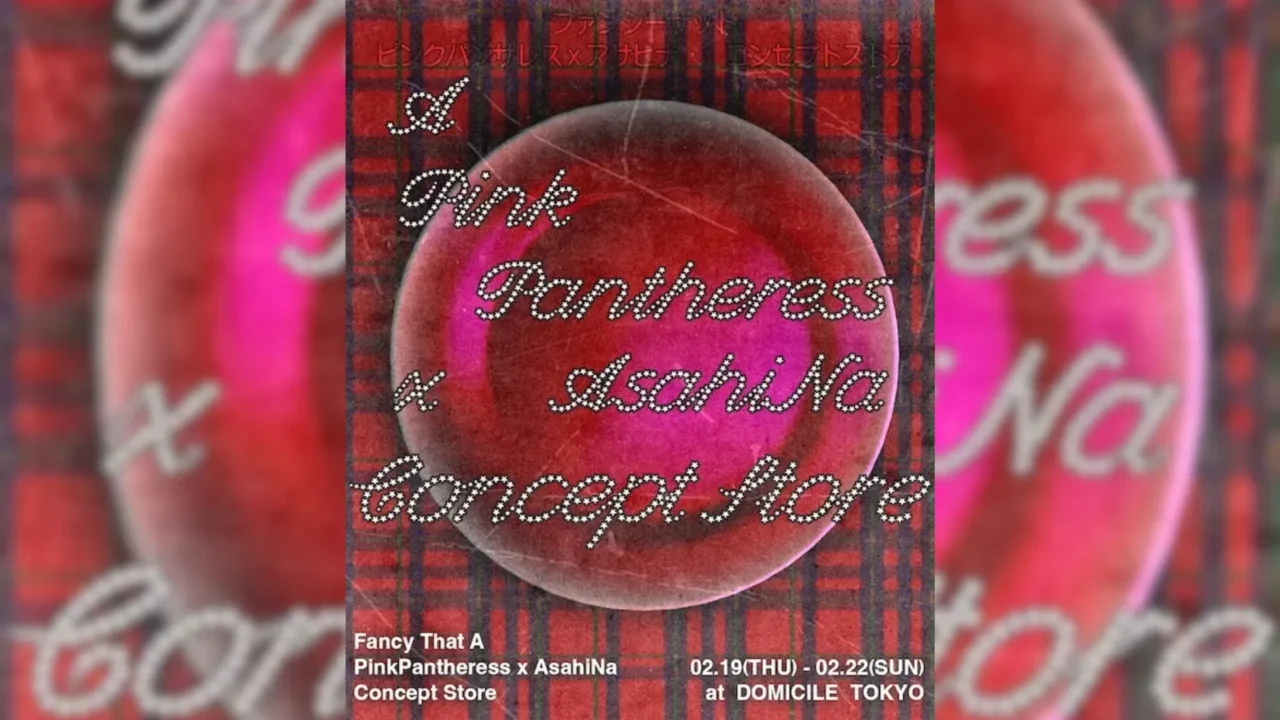INDEX
Music as a Conversation with My Younger Self: Writing Lyrics to Put an End to Anxieties and Hardships
What inspired you to officially start your music career while spending time in the Philippines and rediscovering yourself and your passions?
ena mori: I always loved creating music and continued doing so without any intention of sharing it with others. In college, I studied music production, and when I was assigned a project to create an EP for my graduation, I decided to try singing for the first time. At first, I was resistant to the idea of singing myself; I thought about making an EP focused on piano, which I was more confident with. However, I felt that it would be a missed opportunity not to take the challenge, so I casually made a three-track EP.
My teacher at school really liked it, and with encouragement from those around me, I independently released a couple of tracks. That led to people suggesting I try performing live, which connected me with more people and marked the beginning of my music career.

Your music often features a sound that is very pop and catchy, but when you look at the lyrics, they reflect deep emotions stemming from inner dialogue. Many of your songs talk openly about anxiety and fear but also express a wish for liberation. What drives you to embed these messages into your music?
ena mori: When I moved to the Philippines, I did so alone, without family or friends, which meant I spent a lot of time by myself. In that situation, I realized that if I didn’t stay strong and centered, I could end up losing myself. It would have been pointless to come to the Philippines if I just repeated the same negative cycles I had in Japan, drifting through life not knowing what I loved.
So, I began to reflect deeply on myself to build confidence. Over time, I started writing lyrics about the anxieties I felt as a child and the pain of change, and in doing so, I found a way to put an end to that anxiety and pain—a kind of therapeutic process for myself.
It sounds like this work is also a way of caring for your inner child. By expressing those past feelings through your music, it seems like you’re also helping your younger self find comfort.
ena mori: Yes, I think so. Writing about my past feelings in lyrics doesn’t exactly mean liberation, but it gives me a sense of closure. At the same time, I hope it resonates with others who feel the same way I did when I was younger. I always write lyrics with the hope of creating songs that I would have wanted to hear as a child.
What do you mean by “closure” instead of “liberation”?
ena mori: Well… it feels like an analysis. It’s like, “Why did I think this way?” or “Looking back, I felt this way at the time.” It’s a way of giving myself credit. I believe that every action has a reason behind it, and by examining my emotions and behaviors from back then, I can come to understand them. This understanding makes things that were once embarrassing and hard to think about no longer difficult. That process was essential for me, too.

I see. Your comment about “writing lyrics feels like therapy” makes perfect sense. I also feel that “loneliness” is a recurring theme in your music. Do you currently have places or communities where you don’t feel lonely?
ena mori: My music, and the music of other artists around me, often resonates with people who are unique or a bit different, including those in the LGBTQ+ community. While the topics may vary, there are so many areas where we can relate to feelings of loneliness or struggle. It’s about creating safe spaces where people can be emotionally open and accepted. That kind of mutual understanding and neutrality is very strong. These art-based communities are really important to me.
When sharing your emotional side with others, it can sometimes be difficult because you might think, “If I say this, it could make the other person feel bad, too.” However, I sense that you connect and communicate with various individuals and communities through your music. I particularly like the song “SOS,” which I think might come across as an anthem for the LGBTQ+ community to some listeners. I find that the way it expresses the feeling of loneliness from pressure and a sense of confinement, crying out “I need help,” is something many people in the LGBTQ+ community can relate to.
ena mori: Really? That makes me so happy to hear.
I also find that many of your artworks have a drag-inspired visual style. Are there any LGBTQ+ communities or artists that have influenced you?
ena mori: I might not openly identify as queer, but I really admire Prince. During a time when there was so much prejudice, he stayed true to himself and created provocative music by blending masculinity and femininity, which I deeply respect. I was also very drawn to artists like Cher and Björk, who are considered gay icons. I went through a period of exploring my own sexuality, and those artists were incredibly inspiring and comforting to me. Björk, in particular, is like a hero to me. Even though she has a childlike side, she sings so openly about the struggles of growing up and her own sexuality.

























